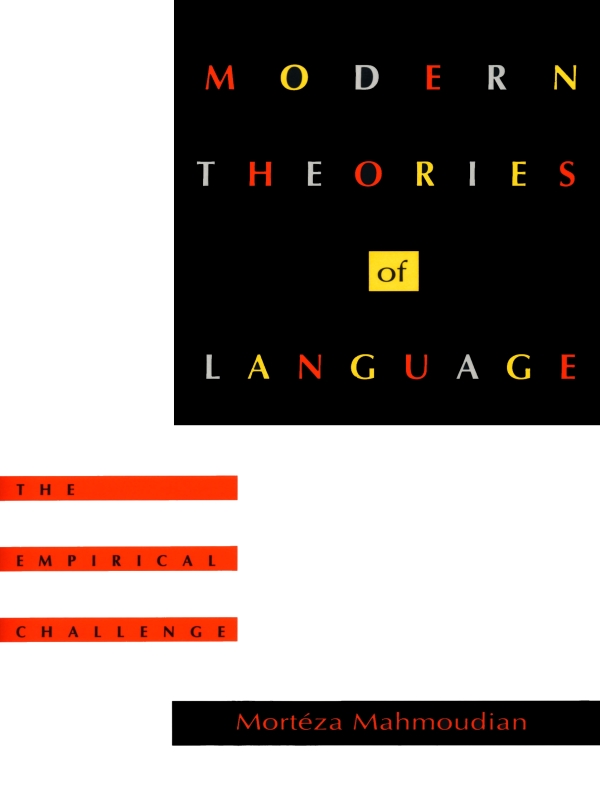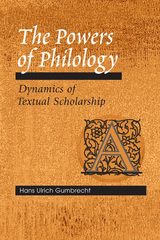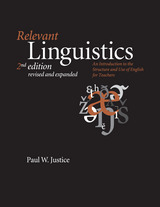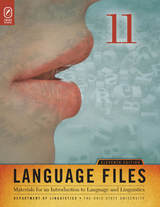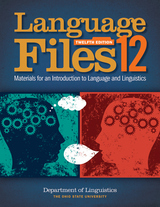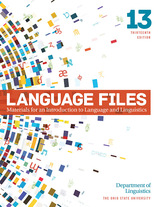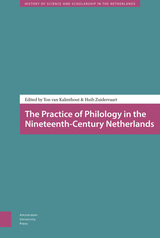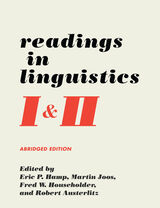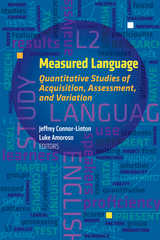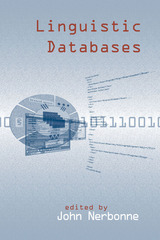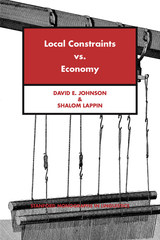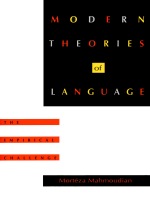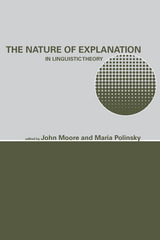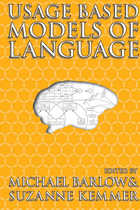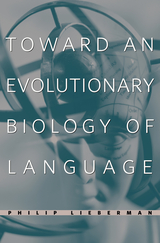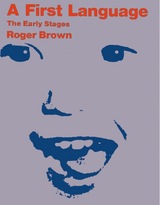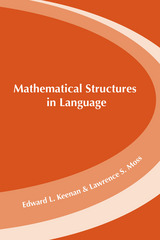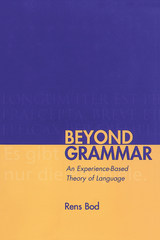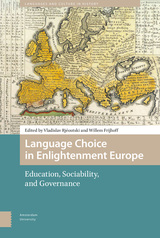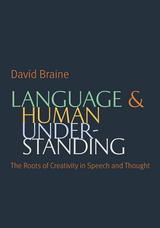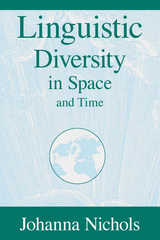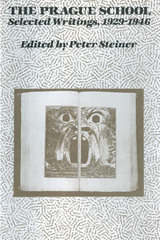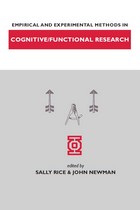Modern Theories of Language: The Empirical Challenge
Duke University Press, 1993
Cloth: 978-0-8223-1278-9 | eISBN: 978-0-8223-7938-6
Library of Congress Classification P128.E94M35 1992
Dewey Decimal Classification 410
Cloth: 978-0-8223-1278-9 | eISBN: 978-0-8223-7938-6
Library of Congress Classification P128.E94M35 1992
Dewey Decimal Classification 410
ABOUT THIS BOOK | AUTHOR BIOGRAPHY | REVIEWS | REQUEST ACCESSIBLE FILE
ABOUT THIS BOOK
In a controversial look at the study of linguistics today, Mortéza Mahmoudian examines twentieth-century theories of language in light of empirical evidence. In the past, linguists have had to choose between a general linguistic theory aimed at universal explanatory power and specific, limited linguistic models. Arguing that at various levels of linguistic analysis different theories offer more or less explanatory power, Mahmoudian makes a persuasive case for an integrated approach incorporating the strengths of both methods.
The author begins with the identification of principles which, despite differences in terminology, are held in common by most twentieth-century linguists. He shows the implications, merits, and shortcomings of the major schools of linguistic thought, as well as the techniques one can use in gathering data. Ranging over a wide variety of international linguistic thinking, Mahmoudian takes up the question of what he calls experimentation, or the extent to which the application of certain linguistic theories have validity in constucting models.
Simultaneously a survey of the current state of linguistic theory and a case for the necessity of empirical verification in linguistics, Modern Theories of Language builds a bridge across the gulf between many long-standing conflicts in the theory of language. Accessibly written, this provocative work predicts future theorerical and epistemological developments and will prove essential reading for students and scholars of linguistics, as well as specialists in cognitive psychology and Romance languages.
The author begins with the identification of principles which, despite differences in terminology, are held in common by most twentieth-century linguists. He shows the implications, merits, and shortcomings of the major schools of linguistic thought, as well as the techniques one can use in gathering data. Ranging over a wide variety of international linguistic thinking, Mahmoudian takes up the question of what he calls experimentation, or the extent to which the application of certain linguistic theories have validity in constucting models.
Simultaneously a survey of the current state of linguistic theory and a case for the necessity of empirical verification in linguistics, Modern Theories of Language builds a bridge across the gulf between many long-standing conflicts in the theory of language. Accessibly written, this provocative work predicts future theorerical and epistemological developments and will prove essential reading for students and scholars of linguistics, as well as specialists in cognitive psychology and Romance languages.
See other books on: Language | Language Arts & Disciplines | Linguistics
See other titles from Duke University Press
